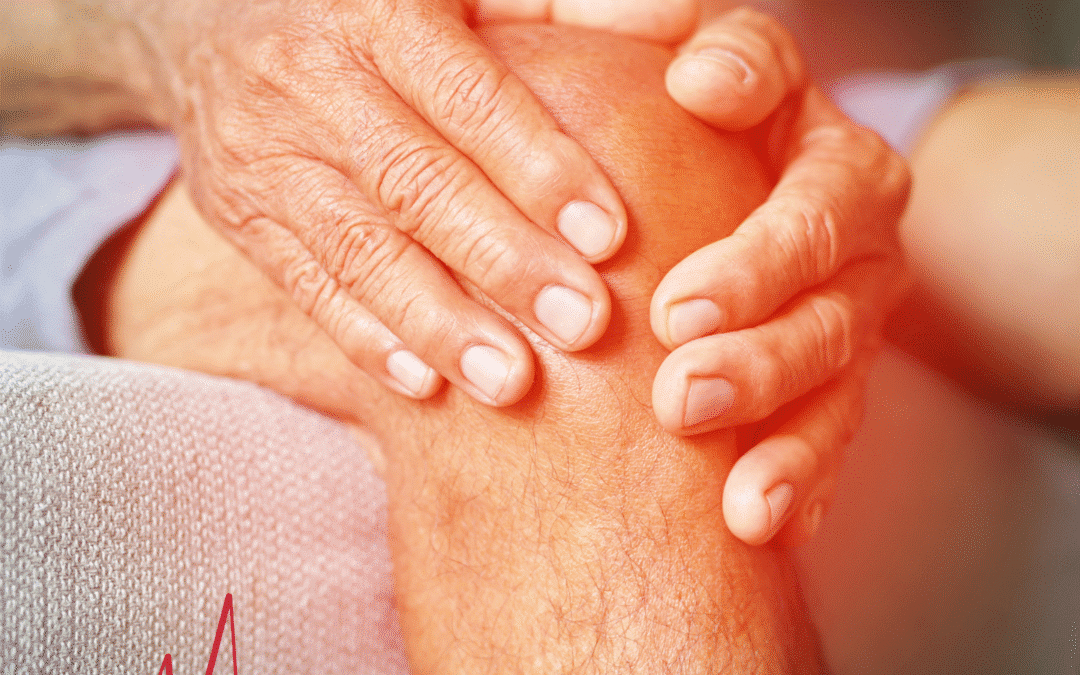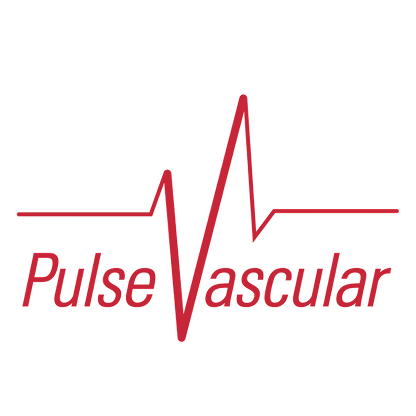Osteoarthritis of the Knee
Knee Osteoarthritis Specialist in New Jersey
Main Description
If you’ve ever been diagnosed with osteoarthritis of the knee, you may have been told that anti-inflammatory medications, joint injections, or knee replacement is your only option. Much of the pain is due to inflammation from abnormal blood vessels in the knee.
Take a look at the common risks, predispositions, and signs/symptoms, then read up on some of the testing and procedures the Pulse Vascular Specialists can perform for you using comfortable,minimally invasive, state-of-the-art equipment and techniques:
Causes
-
Wear and Tear
Risk Factors
-
Age (Risk Increases with Age)
-
Sex (More Likely in Women)
-
Obesity
-
Joint Injuries
-
Repeated Stress on Joint
-
Genetics
Predispositions
-
Previous Knee Injury
-
Repetitive Stress on Knee
-
Family History of Osteoarthritis
Disease Symptoms
-
Knee Pain
-
Knee Stiffness
-
Knee Tenderness
-
Loss of Knee Flexibility
-
Grating Sensation in Knee
-
Knee Swelling
Treatments
Genicular Artery Embolization
Recent Articles

Balance Diabetes Challenge
November is Diabetes Awareness Month. According to the American Diabetes Association, 645,000 (9.2% of the population) New Jersey adults have been diagnosed with diabetes. Each year an additional 53,000 New Jersey adults are diagnosed with diabetes. While...

GAE reduces Knee Pain
Understanding Knee Pain and How GAE Can Help Knee pain can make everyday tasks—like walking, climbing stairs, or even sleeping—feel like a challenge. If you’ve been told you have arthritis or osteoarthritis in your knees, you’re not alone. Millions of people...

Link Between Chronic Disease and Peripheral Vascular Disease
What Is peripheral arterial disease (PAD), and Why Should You Care? The association of chronic disease with PAD: Peripheral Arterial Disease (PAD) is a condition that affects blood flow to your legs and feet. It happens when your arteries become narrowed or blocked,...
